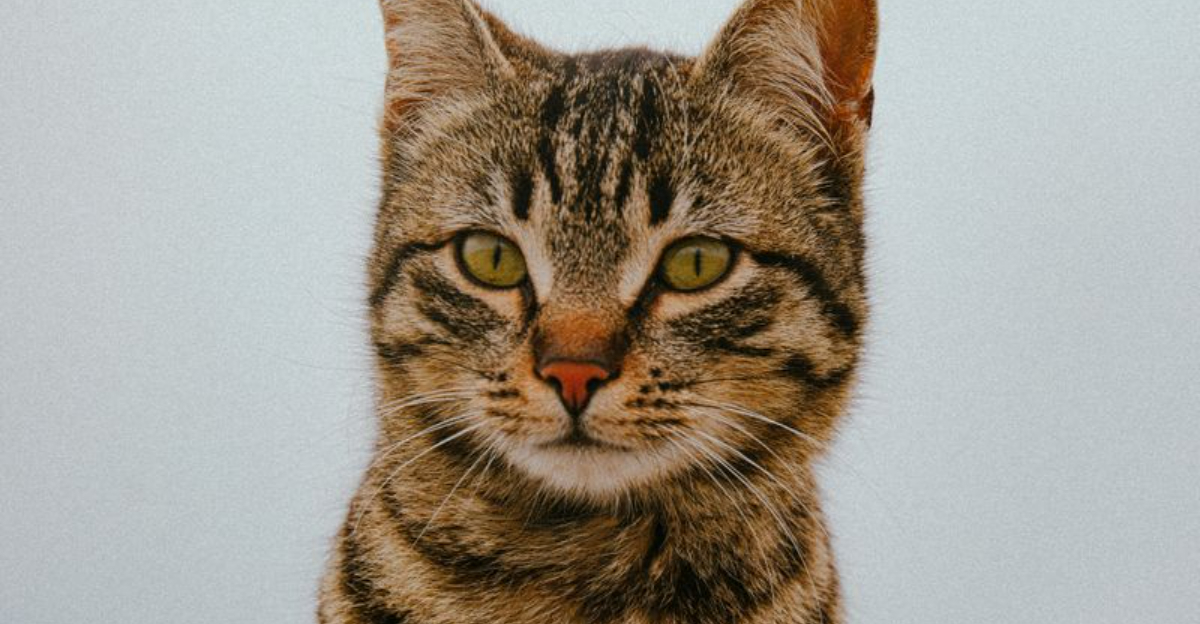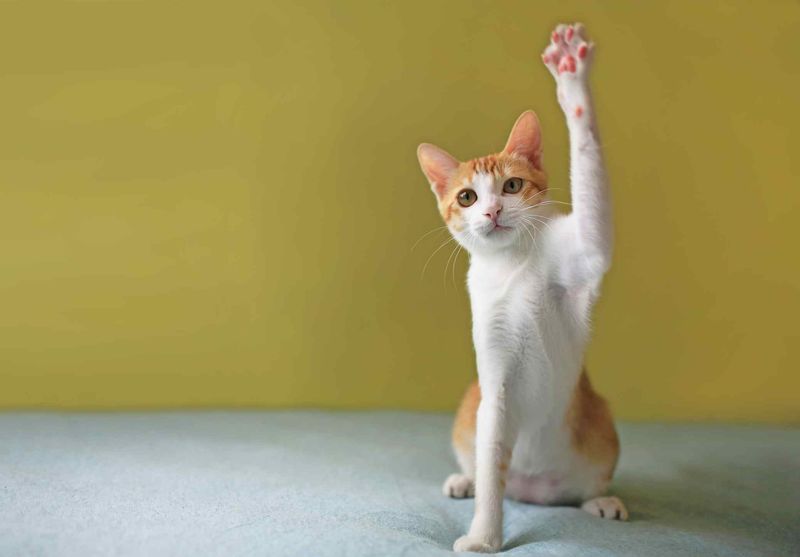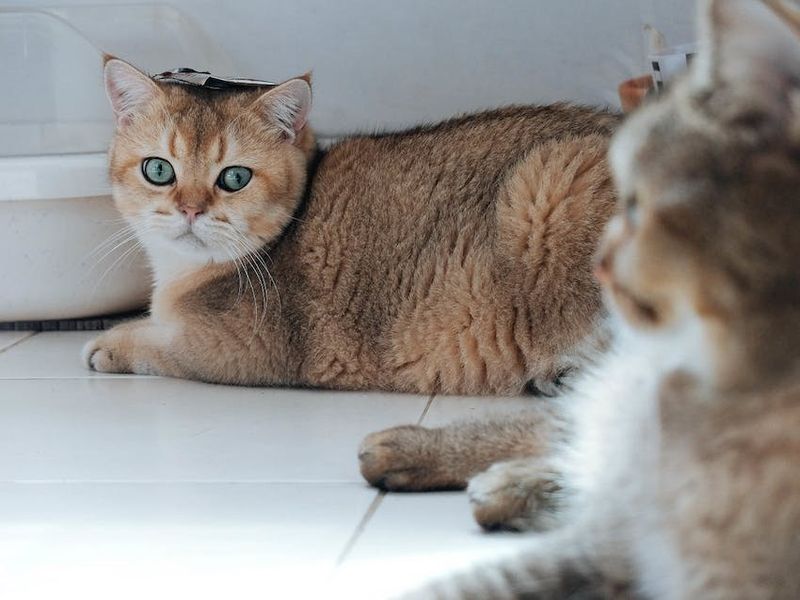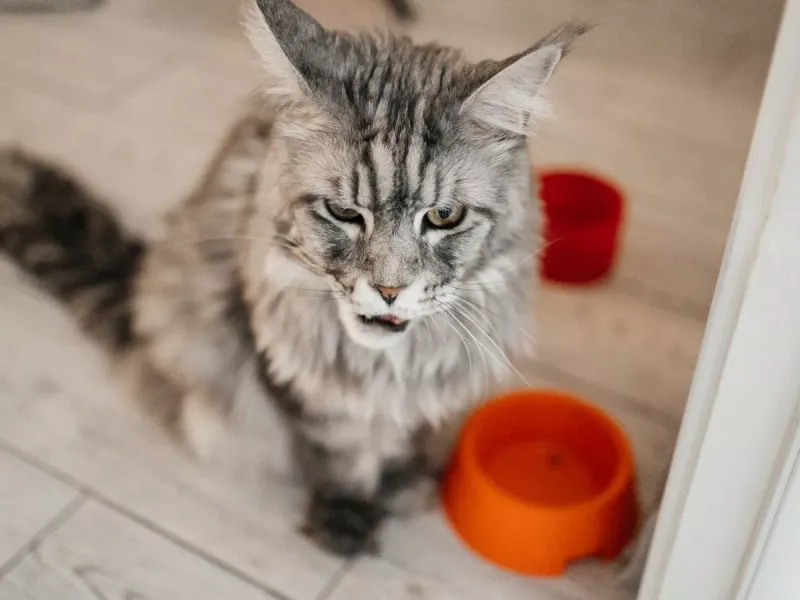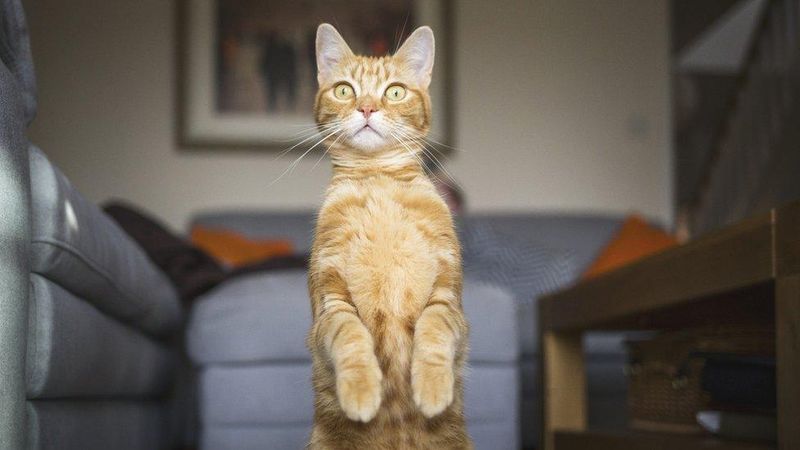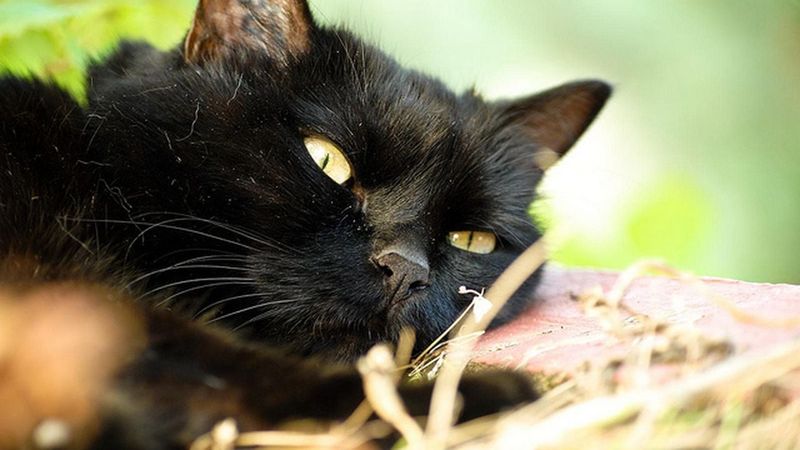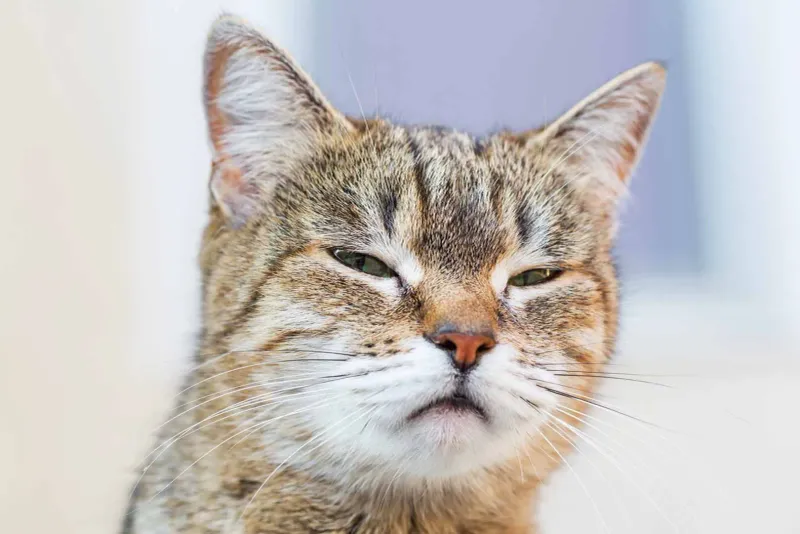📖 Table of Content:
Spend enough time with a cat and you’ll notice something uncanny about their behavior: they react to people with startling precision. Whether it’s curling up in the lap of someone who’s kind-hearted or disappearing the moment someone questionable enters the room, cats seem to have a sixth sense when it comes to judging character.
While we humans tend to complicate our relationships with overthinking, social expectations, or wishful thinking, cats cut straight through the noise. They’re not interested in status, politeness, or appearances—they respond purely to energy, behavior, and instinct. In a world where first impressions and charm can be deceiving, their raw reactions offer a clarity that people often overlook.
There’s a growing body of anecdotal evidence from cat owners who’ve learned to trust their pets’ opinions of others. That friend who seemed “off” but your cat growled at? Turned out they weren’t so great. The quiet guest your cat instantly warmed to? Likely a keeper. Below are seven reasons why your cat may actually be better at reading people than you are.
1. Trust Instincts Without Overthinking
Without a moment’s hesitation, cats trust their gut. They don’t second-guess their reactions or try to rationalize someone’s behavior—they simply walk away if they sense something is wrong. Where a human might try to explain away their discomfort for the sake of politeness, a cat will just vanish. Their instinctive approach to people is swift, clear, and usually accurate. These reflexive responses, free of bias or self-doubt, give them an edge in character judgment. We, by contrast, often get caught up in stories and excuses. This is one way our feline companions stay one step ahead. When they walk away, it’s not rudeness—it’s insight.
2. Pick Up on Subtle Body Language
Subtle shifts in a person’s body language don’t go unnoticed by cats. The smallest twitch, a too-still stance, or inconsistent eye contact can signal trouble to them. While humans are wired to focus on spoken words, cats prioritize what’s unspoken. This sensitivity allows them to detect unease or aggression that might be hidden under a friendly exterior. Unlike people, who often ignore these signs, cats act immediately on what they perceive. Their attentiveness keeps them emotionally safer in unpredictable social situations. It’s not magic—it’s perception sharpened through evolution.
3. Don’t Get Fooled by Charm
No amount of charm can sway a cat who isn’t buying what someone’s selling. They don’t fall for smiles or smooth words the way people do. Cats are drawn to genuine energy, and when they sense something performative or fake, they stay distant. That magnetic personality that entrances a room might leave your cat cold. They don’t care how “likable” someone appears; what matters is how that person behaves when no one is watching. Through this lens, cats remain impressively resistant to being manipulated. Authenticity, not appeal, is what wins them over.
4. Notice Energy Shifts Instantly
Energy speaks louder than words in a cat’s world. As soon as someone enters a space, your cat may pick up on their emotional residue—whether it’s tension, anger, or calm. They might become alert or agitated even before a person opens their mouth. These energetic impressions help cats form immediate judgments about people’s emotional states. Humans might sense these shifts too but often suppress or ignore them. Your cat, on the other hand, will react visibly and consistently. It’s this immediate sensitivity that often makes their assessments feel eerily accurate.
5. React to Tone of Voice
Tone of voice carries weight beyond vocabulary, and cats are keen listeners. The pitch, cadence, and rhythm of someone’s speech affect how your cat perceives them. A person might be saying friendly words, but if their tone is sharp or overly loud, your cat may react with suspicion or fear. They aren’t fooled by the message if the delivery feels wrong. This makes them incredibly adept at detecting concealed irritation or hostility. In this way, they often reveal the emotions others are trying to mask. It’s not just what’s said—it’s how it’s said.
6. Unbiased by Social Pressure
Social status, wealth, or popularity mean nothing to a cat. They don’t care if someone is dressed well or comes highly recommended. Their assessment is purely experiential: how does this person make them feel? With no cultural filters or social pressure guiding their preferences, cats make decisions based on personal resonance alone. This lack of bias leads to reactions that are often more honest than our own. They’re not trying to impress or fit in—they just seek comfort and safety. Their loyalty is earned, never assumed.
7. Remember Past Behavior Accurately
Long memories serve cats well when it comes to people. A single bad interaction—being stepped on, yelled at, or handled roughly—can cause them to steer clear of someone indefinitely. Unlike humans who might forgive and forget quickly, cats remain cautious for good reason. This protective tendency means they rarely give second chances to those who’ve wronged them. Their emotional boundaries are strong and uncompromising. And while that might seem harsh, it keeps them safer and often more emotionally stable. In a world that often asks for blind forgiveness, cats remember—and act accordingly.
